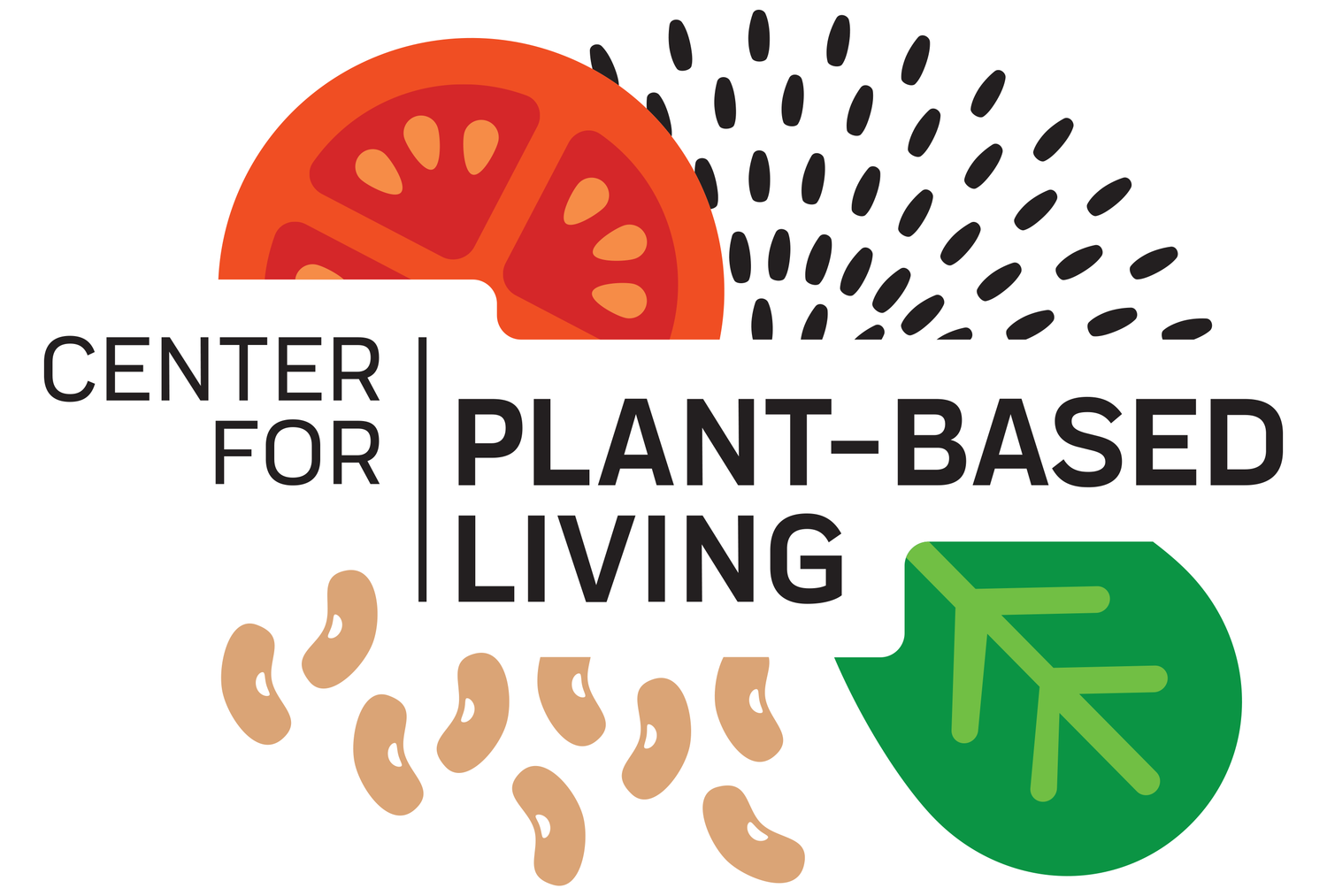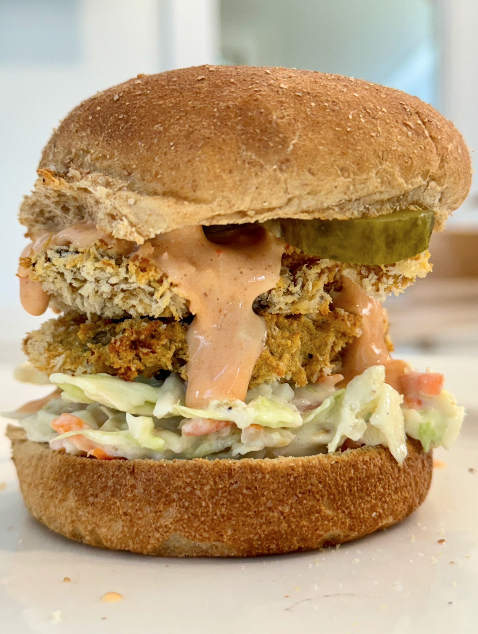THE DOC AND CHEF SHOW EP. 24: OYSTER MUSHROOMS // SUPPORTING SCIENCE AND THE RECIPE
OYSTER MUSHROOMS (PLEUROTUS OSTREATUS)
Oyster mushrooms are a type of edible fungi that belong to the genus Pleurotus. They are known for their distinct oyster-shaped cap, which typically ranges in color from white to gray or tan, sometimes with a slight pink or yellow hue. The mushrooms have a broad, fan-like or oyster-shaped cap on a short or absent stem. They grow naturally on the sides of dead or dying hardwood trees. They are commonly found in temperate and subtropical forests around the world and prefer moist, shaded areas and typically appear in the cooler months of fall and spring.
Oyster mushrooms are now widely cultivated on a commercial scale due to their popularity and ease of growth. You can also grow oyster mushrooms at home using mushroom growing kits or homemade setups.
They are prized for their smooth, delicate texture and mild, slightly sweet flavor and their health promoting properties.
HEALTH BENEFITS
The health benefits of oyster mushrooms include:
● Nutrient-Rich: Oyster mushrooms are a good source of vitamins and minerals, including B-vitamins (such as B3 and B5), vitamin D, potassium, and iron. They are also low in calories and fat, making them a healthy addition to a balanced diet, especially for those watching their calorie intake.[1]
● Immune Support: Oyster mushrooms contain beta-glucans, which may help boost the immune system by stimulating the production of white blood cells.[2] Compounds found in oyster mushrooms have anti-inflammatory properties, potentially reducing the risk of chronic inflammation-related conditions.[3]
● Antioxidant Properties: Oyster mushrooms contain phenolic compounds, including gallic acid, chlorogenic acid, and naringenin which act as antioxidants.[4] They also contain the amino acid ergothioneine, which has powerful antioxidant effects.[5] These antioxidants can help neutralize free radicals and reduce oxidative stress in the body, potentially lowering the risk of chronic diseases.
● Cardiovascular Health: Studies show that oyster mushrooms may have cholesterol-lowering properties, which can be beneficial for heart health.[6] They have also been shown to lower blood pressure.[7]
● Lower Blood Sugar: Oyster mushrooms have been shown to lower fasting blood sugars in diabetics by 22%, as well as decrease blood sugars two-hours after meals by 23%. [8]
● Skin Health: Oyster mushroom extracts have been shown to benefit skin health and are an increasingly popular addition to skin care products. [9]
HEALTH RISKS
In general, oyster mushrooms are very well tolerated, but they can cause adverse reactions in some cases. Allergic reactions are possible and may include symptoms like respiratory difficulties, skin rashes, or digestive issues, particularly in those with a sensitivity to molds or fungi.
Additionally, gastrointestinal discomfort such as bloating, gas, or diarrhea might occur, especially in individuals who are not accustomed to eating these mushrooms or consume them in large amounts.
IN SUMMARY
Oyster mushrooms are not only delicious but also packed with nutritional benefits. They are low in calories yet high in essential nutrients, including protein, fiber, vitamins B and D, iron, selenium, and potassium. Oyster mushrooms have also been shown to possess antioxidant properties, boost immune function, lower cholesterol, and improve blood sugars. People can have allergic reactions and they can cause GI distress, but these side effects are rare.
Their versatile flavor and texture make them a popular choice in a range of culinary dishes, making it easy to incorporate these health benefits into a balanced diet.
[1] https://fdc.nal.usda.gov/fdc-app.html#/food-details/168580/nutrients[2] Bashir KMI, Choi JS. Clinical and Physiological Perspectives of β-Glucans: The Past, Present, and Future. Int J Mol Sci. 2017 Sep 5;18(9):1906[3] Jedinak A, Dudhgaonkar S, Wu QL, Simon J, Sliva D. Anti-inflammatory activity of edible oyster mushroom is mediated through the inhibition of NF-κB and AP-1 signaling. Nutr J. 2011 May 16;10:52.[4] Alam N, et al. Antioxidant Activities and Tyrosinase Inhibitory Effects of Different Extracts from Pleurotus ostreatus Fruiting Bodies. Mycobiology. 2010 Dec;38(4):295-301.[5] Beelman RB, Kalaras MD, Phillips AT, Richie JP Jr. Is ergothioneine a 'longevity vitamin' limited in the American diet? J Nutr Sci. 2020 Nov 11;9:e52.[6] Dicks L, Ellinger S. Effect of the Intake of Oyster Mushrooms (Pleurotus ostreatus) on Cardiometabolic Parameters-A Systematic Review of Clinical Trials. Nutrients. 2020 Apr 17;12(4):1134.[7] Choudhury M.B.K., et al. Effects of Pleurotus ostreatus on blood pressure and glycemic status of hypertensive diabetic male volunteers. Bangladesh J. Med. Biochem. 2013;6:5–10.[8] Khatun K, Mahtab H, Khanam PA, Sayeed MA, Khan KA. Oyster mushroom reduced blood glucose and cholesterol in diabetic subjects. Mymensingh Med J. 2007 Jan;16(1):94-9.[9] Taofiq O, et al. Development of Mushroom-Based Cosmeceutical Formulations with Anti-Inflammatory, Anti-Tyrosinase, Antioxidant, and Antibacterial Properties. Molecules. 2016 Oct 14;21(10):1372.Join our community and become a member!
Our membership is built like a streaming service - you get a full library of plant-based cooking classes to watch whenever you want. PLUS, you gain access to upcoming interactive virtual cooking classes and a monthly accountability group call.
As a member you get:
Complete library of all past virtual classes - stream them whenever you’d like!
Free access to upcoming virtual classes
Library of easy and quick recipes: 100 and growing
Access to private Facebook group
Monthly accountability check-in and support group Zoom call with Caryn
Quarterly “Ask the Doc” call with Dr. Jim Loomis, our Medical Director
A community of support
To learn more, please visit us here.


